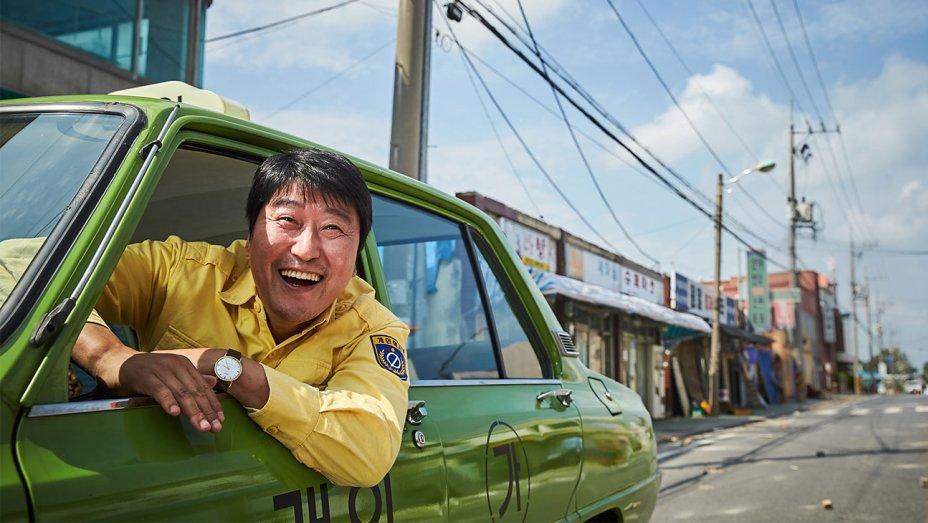Directed by Eric Khoo
Masato, a young ramen chef in Takasaki, Japan, is struck by the sudden death of his father. Feeling lost and alone, he leaves for Singapore in hopes of learning more about his Singaporean mother who died when he was only ten years old.
He aims to learn how to make the traditional Singaporean dish Bak Kut Teh, and to combine it with his speciality ramen as a way to honour his parents. And so begins a moving, turbulent, and powerful tale of family, loss, and suffering.
The film’s perspective is very much an over-the-shoulder affair, with us exploring, experiencing, and learning alongside Masato. Takumi Saito does an exquisite job in his role as Masato, keeping the audience close and ensuring that we feel every bump in the road on his journey to understanding his mother’s life.
The Peaks
Where the movie really shines is in its acting, with Saito being a more than perfect fit for this role. Appearing frightened and naïve without ever coming across as dull or irritating, he plays a role that may not be wholly original (the lost boy searching for his place in the world is a tired trope).
But though his role is not a reinvention of the wheel, his acting very much makes the turbulent tale feel like a freshly opened wound that you can’t help picking at. His acting consistently allows for a gripping – and at times unsettling – story. The supporting cast all shine, too, with Tsuyoshi Ihara and Jeanette Aw playing Masato’s father and mother respectively in some very affecting flashback sequences which tell the story of their Singaporean love affair.
Once again it must be said that this story is older than Shakespeare – the shunned foreigner, the overbearing parent, the outcast child – but the writing and acting here brings new life to a tired story. Make sure you’ve planned a nice dinner for after the film because all of the exquisite shots of cooking and food will definitely leave you hungry.
The Valleys
Ramen Teh is not without its trips and stumbles, however, one of which being the music. The soundtrack to the film takes only two forms: silence, and a small selection of lifeless piano melodies in a minor key.
These are played during very obviously sombre moments but they only serve to detract from the emotional impact of the moment itself. In any given scene the actors are pulling their weight to create a sorrowful mood, and every time this mood is cut through with some really dreadful and dreary chords.
Rather than emphasising any emotional impact, this music takes the audience so far out of what would otherwise have been an exceptionally moving scene.
Conclusion
That being said, Ramen Teh is still an unquestionably effective tale. As the story progresses, family drama is gradually replaced by issues of racism and the dark history of Japanese imperial control. Masato’s Singaporean grandmother is still eaten away inside by the death of her father and the treatment of her people at the hands of the Japanese almost a century ago.
I have to congratulate the filmmakers for bringing light to this. Conservative Japan has a nasty habit of ignoring or downplaying any mention of its recent past, but here it is admitted to and addressed with honesty and tact; something I am glad to see.
Overall, Ramen Teh is a massive success, with fantastic acting and some clever writing which dances along the line of comedy and tragedy with grace and elegance.
Ramen Teh is showing at the Tokyo International Film Festival 2018.
Check out our favourite films at the festival on Savvy Tokyo.

Looking for more films? Here’s our list of South Korean movies to enjoy.



